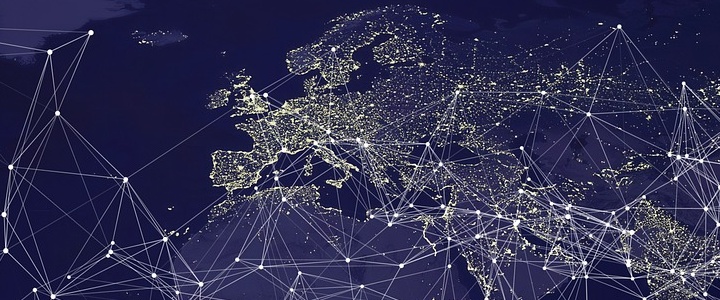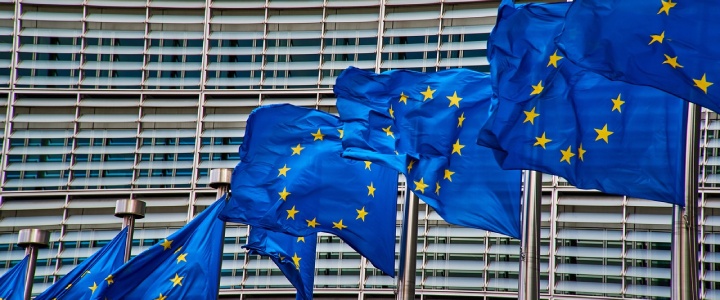The EADT has submitted its comments in response to the European Commission’s public consultation on the White Paper – How to master Europe’s digital infrastructure needs? Our contributions revolve around one concept: the economic dimension of digital sovereignty which, as we have always advocated, must be a priority for the EU powers.
Our analyses and recommendations are based on a comprehensive view that considers digital infrastructure not only as a technical element but as a public good that is essential for the economic, technological and social development of the European Union.
Read more










